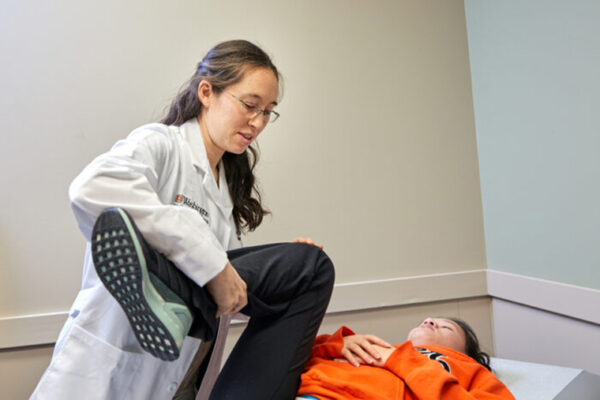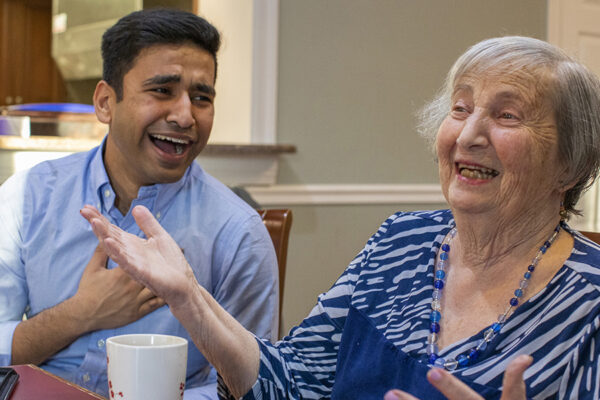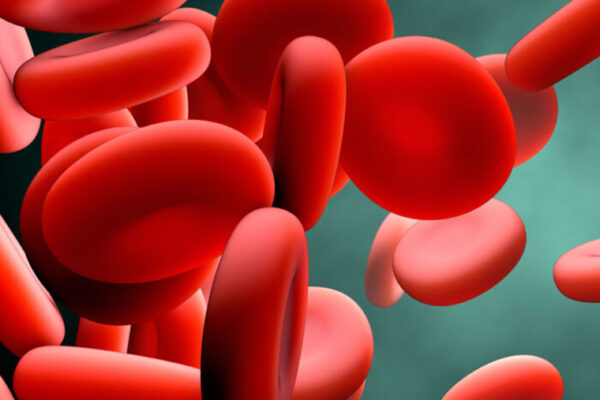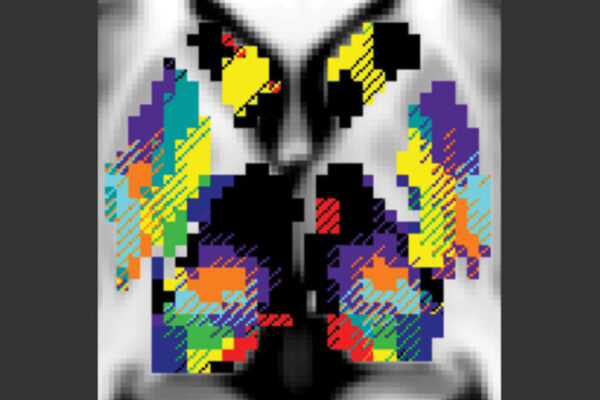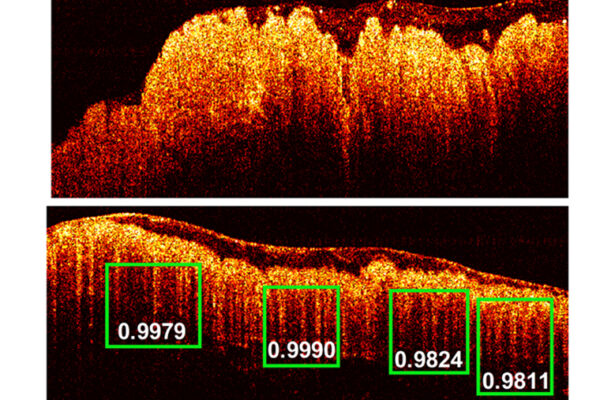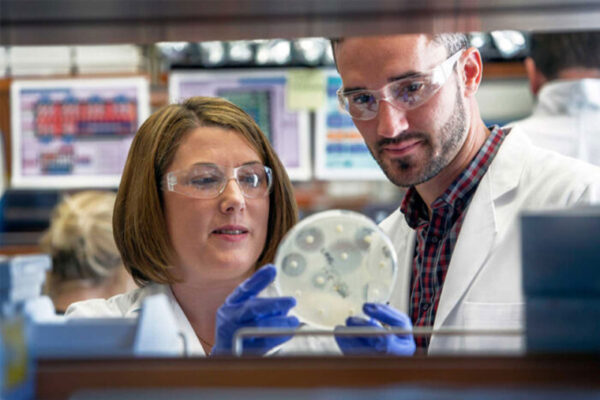Asthma severity linked to microbiome of upper airway
A new study from the School of Medicine showed a correlation between the types of bacteria in the upper airway and severity of asthma symptoms. The study will lead to future research seeking possible ways to alter the airway microbiome to reduce asthma severity.
Depression, anxiety may hinder healing in young patients with hip pain
New School of Medicine research suggests that physicians evaluating young patients with hip pain should consider more than physical health. They also should consider screening for clinical depression and anxiety — impairments that can have a negative impact on outcomes following hip surgery.
Graduating senior to stay in St. Louis, expand nonprofit
Harsh Moolani initially shrugged off a friend’s advice to quit trying to do it all. Then he considered the source: a remarkable woman with a successful career, good friends — and only a few months to live. Moolani is set to graduate in December with a degree in neuroscience in Arts & Sciences. He will remain in St. Louis and expand Create Circles, the nonprofit he founded to connect older and younger adults.
In transfusions for children, fresh and older blood are equally effective
An international study led by the School of Medicine and CHU Sainte-Justine hospital in Montreal has found no benefit in using fresh red blood cells that have been stored for up to seven days in blood transfusions for critically ill children, compared with using older red blood cells stored for nearly four weeks.
Why doesn’t deep-brain stimulation work for everyone?
School of Medicine researchers have mapped nine functional networks in the deep-brain structures of 10 healthy people, an accomplishment that could lead to improvements in deep-brain stimulation therapy for severe cases of Parkinson’s disease and other neurological conditions.
Families with long, healthy life spans focus of $68 million grant
With the help of a grant from the National Institute on Aging of the National Institutes of Health (NIH), researchers at the School of Medicine are leading the Long Life Family Study, which includes several generations of families with unusual concentrations of long-lived individuals. The goal is to uncover genetic factors that play roles in long life spans.
Machine learning, imaging technique may boost colon cancer diagnosis
Researchers at the McKelvey School of Engineering have devised a new imaging technique based on a technology that has been used for two decades in ophthalmology that can provide accurate, real-time, computer-aided diagnosis of colorectal cancer.
Why health insurance in rural communities is so expensive
Small risk pools may contribute to the challenges faced by private insurance plans in rural areas, in which case risk reinsurance, or insurance for the insurer, is a potential policy solution, finds a new study from the Brown School at Washington University in St. Louis.
Halting opioid abuse aim of several grants from NIH, CDC
Researchers at the School of Medicine have received federal grants totaling more than $10 million from the National Institutes of Health (NIH) and the Centers for Disease Control and Prevention (CDC). The grants are part of a nationwide push to fund research targeting the opioid epidemic.
Drug-resistant staph can spread easily in household environments
New research led by Washington University School of Medicine in St. Louis sheds light on how the superbug methicillin-resistant Staphylococcus aureus (MRSA) is introduced into households and how it can spread among family members.
Older Stories

